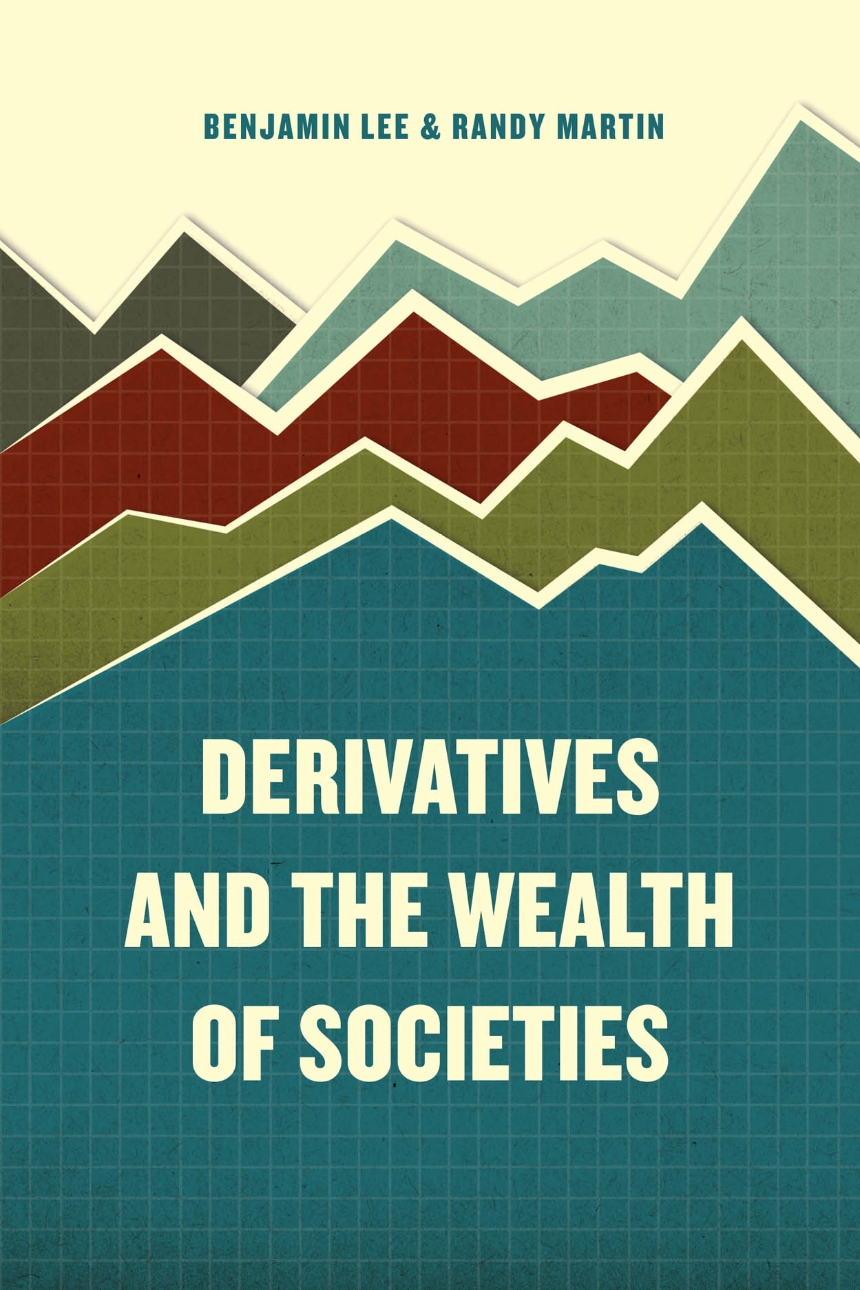Derivatives and the Wealth of Societies
Derivatives were responsible for one of the worst financial meltdowns in history, one from which we have not yet fully recovered. However, they are likewise capable of generating some of the most incredible wealth we have ever seen. This book asks how we might ensure the latter while avoiding the former. Looking past the usual arguments for the regulation or abolition of derivative finance, it asks a more probing question: what kinds of social institutions and policies would we need to put in place to both avail ourselves of the derivative’s wealth production and make sure that production benefits all of us?
To answer that question, the contributors to this book draw upon their deep backgrounds in finance, social science, art, and the humanities to create a new way of understanding derivative finance that does justice to its social and cultural dimensions. They offer a two-pronged analysis. First, they develop a social understanding of the derivative that casts it in the light of anthropological concepts such as the gift, ritual, play, dividuality, and performativity. Second, they develop a derivative understanding of the social, using financial concepts such as risk, hedging, optionality, and arbitrage to uncover new dimensions of contemporary social reality. In doing so, they construct a necessary, renewed vision of derivative finance as a deeply embedded aspect not just of our economics but our culture.
To answer that question, the contributors to this book draw upon their deep backgrounds in finance, social science, art, and the humanities to create a new way of understanding derivative finance that does justice to its social and cultural dimensions. They offer a two-pronged analysis. First, they develop a social understanding of the derivative that casts it in the light of anthropological concepts such as the gift, ritual, play, dividuality, and performativity. Second, they develop a derivative understanding of the social, using financial concepts such as risk, hedging, optionality, and arbitrage to uncover new dimensions of contemporary social reality. In doing so, they construct a necessary, renewed vision of derivative finance as a deeply embedded aspect not just of our economics but our culture.
312 pages | 19 halftones, 6 line drawings | 6 x 9 | © 2016
Anthropology: Cultural and Social Anthropology
Economics and Business: Economics--General Theory and Principles, Economics--International and Comparative, Economics--Money and Banking
Reviews
Table of Contents
Preface
IntroductionBenjamin Lee and Randy Martin
Part I.
Chapter 1. The Wealth of Dividuals
Arjun Appadurai
Chapter 2. Ritual in Financial LifeEdward LiPuma
Chapter 3. From Primitives to DerivativesBenjamin Lee
Part II.
Chapter 4. Liquidity
Robert Meister
Chapter 5. From the Critique of Political Economy to the Critique of FinanceRandy Martin
Part III.
Chapter 6. Remarks on Financial Models
Emanuel Derman
Chapter 7. On Black-ScholesElie Ayache
Chapter 8. Mapping the Trading Desk: Derivative Value through Market MakingRobert Wosnitzer
Acknowledgments
Notes
References
Index
Acknowledgments
Notes
References
Index
